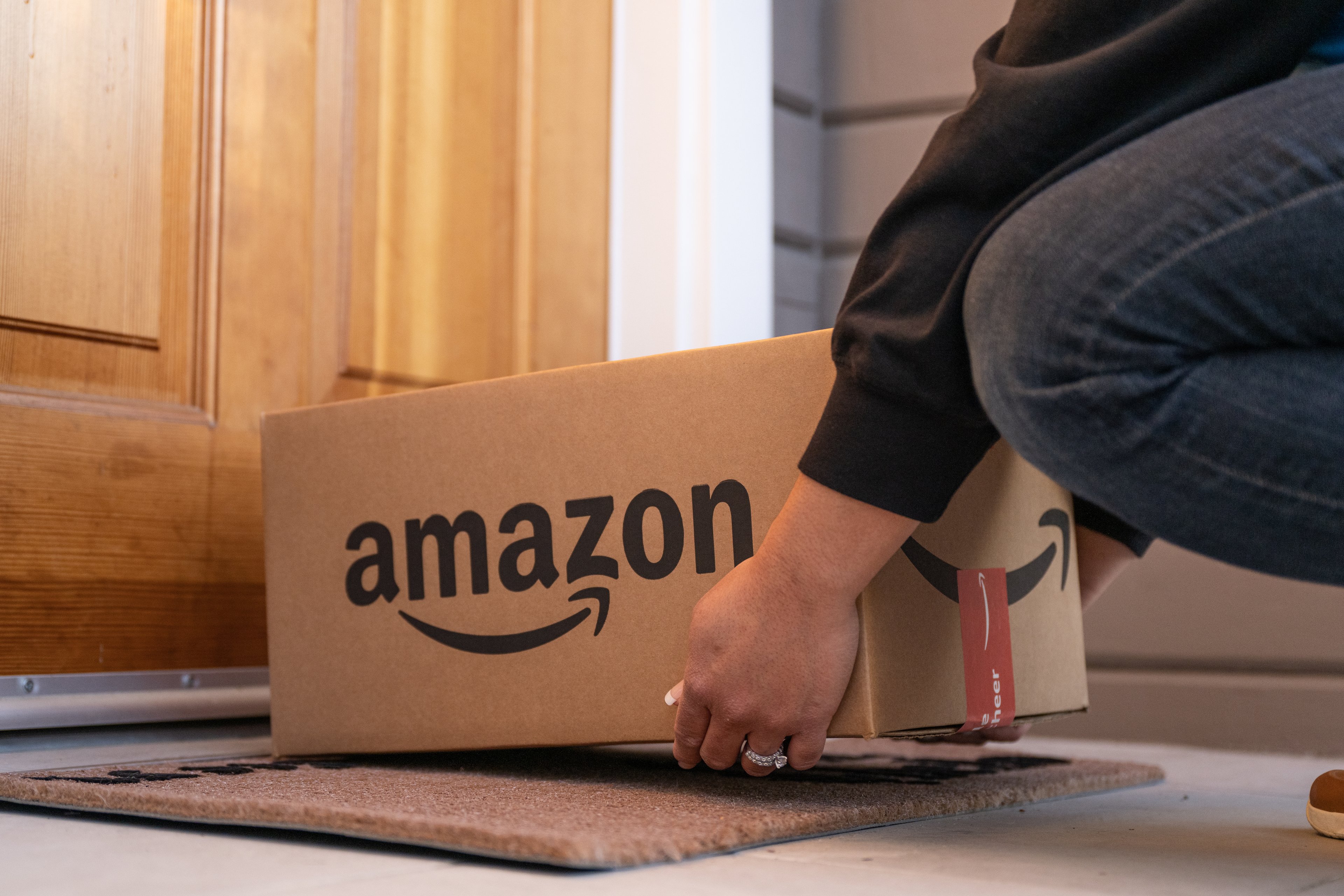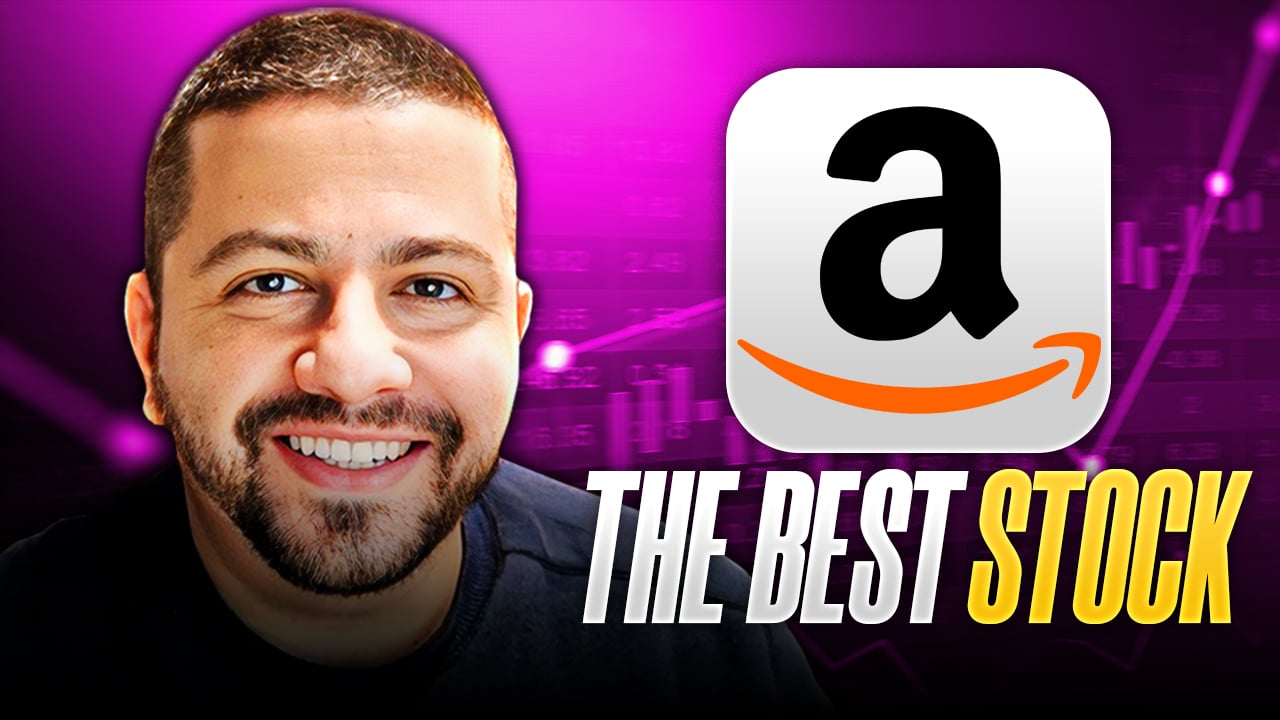Amazon (AMZN 1.70%) recently revealed with a job posting that it is assembling a VR team to build a "virtual reality experience within Amazon Video." In the posting on Glassdoor, Amazon declares that the team will create a new "platform and interface for immersive storytelling."
This move isn't surprising, since Alphabet (GOOG 0.37%) (GOOGL 0.34%) Facebook (FB +0.59%), and other major tech companies have already been dabbling in VR. Let's take a look at why Amazon is expanding into the VR market, and how that effort could expand its digital ecosystem.

Facebook's Oculus Rift. Source: Company website.
Why is Amazon interested in VR?
Tech M&A advisory firm Digi-Capital estimates that the VR market will grow from nearly nothing today to $30 billion by 2020. It expects most of that growth to be fueled by sales of VR hardware, games, movies, and experiences.
Amazon is already invested in games and movies through its Kindle, Fire TV, and the Amazon Instant Video service, so it would be logical to enhance those offerings with VR experiences. Amazon could initially launch a cheaper smartphone-based VR headset similar to Google Cardboard or Samsung's (NASDAQOTH: SSNLF) Gear VR, which would be in line with its low pricing strategy for the Kindle and Fire TV. An Amazon VR headset could tether more users to Prime, which already offers its subscribers free streaming shows and movies.
To showcase its own VR apps and videos, Amazon could launch a dedicated store -- similar to Facebook's Oculus Home -- as an extension of its existing app and streaming video stores. It could also create first-party VR apps through Amazon Game Studios and original VR films through Amazon Studios. Facebook is already delivering VR games and movies to its Rift headset through Oculus Home, and developing first-party VR movies with Oculus Story Studio.

Facebook's Oculus Home VR store. Source: Oculus VR.
How many people would watch VR films?
Although Facebook and Amazon are interested in creating VR movies, it's unclear how big the market for those will actually be. Last year, Gartner analyst Brian Blau estimated that cumulative sales of VR headsets like the Oculus Rift will reach 25 million by 2018. In a recent VR survey of U.S. consumers, Frank N. Magid Associates found that 66% of respondents were interested in watching VR films and TV shows.
By using that percentage on Blau's estimate, we can assume that the total addressable market for VR movies will be about 16.5 million headsets by 2018. However, that's a tiny audience by streaming video standards. Google's YouTube already has over 1 billion users, and Netflix (NFLX 1.51%) finished last quarter with nearly 75 million subscribers worldwide. Therefore, it wasn't surprising when Netflix CEO Reed Hastings recently told German tech site t3n that he wasn't interested in producing VR films.
Netflix doesn't care, but other companies do
Netflix may not see much potential in creating VR movies, but many other companies have already expanded into the business. Facebook's Oculus Story Studio has already released two animated films, Lost and Henry. Annapurna Pictures, 21st Century Fox (FOX +0.00%), and several other studios have also established dedicated film units for creating short VR experiences. In January, Fox launched The Martian VR Experience, a 20-minute experience which "virtually" strands the user on Mars.
To whet the mainstream public's appetite for VR films, Facebook and YouTube both recently added interactive 360-degree videos. YouTube's can also be viewed in a VR headset. The Sundance Film Festival has also showcased VR films in recent years.

The Martian VR Experience. Source: Fox.
Granted, it's hard to see short VR films replacing regular films anytime soon, since they must be created and experienced in a completely different way than regular films. However, Facebook has demonstrated that they can evolve into a new genre of their own, and Fox has shown how VR films can be used to promote and complement a regular full-length film. Therefore, it might be premature for Netflix to completely dismiss the idea of producing VR films.
It's all speculation for now...
Amazon could certainly expand its ecosystem with VR hardware and software, but it's all speculation until a device arrives. In my opinion, expanding into the VR market could complement Amazon's gaming and media ecosystems well, and serve as yet another way to tether more users to its ecosystem. But for now, the future of the VR market remains highly speculative, and investors should first see how early devices like the Oculus Rift fare this year.






